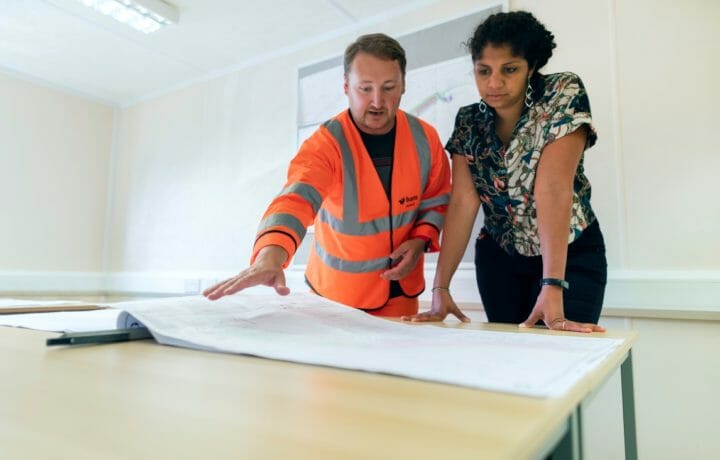The current strategic environment in space is increasingly crowded, challenged and competitive, according to the new National Security Space Strategy.
The report details a 10-year strategy concludes the congressionally mandated Space Posture Review by providing strategic objectives and approaches for national security space. The primary points include preventing satellites from being damaged from the more than 22,000 non-operational objects and debris in orbit. Threats from adversaries to disrupt satellites and a decreasing competitive advantage of the U.S due to international advances in space technology also contribute to a new space strategy.
The new strategic report is the first national security space strategy co-signed by the secretary of defense and the director of national intelligence. The most important message of the new report is that the U.S. needs to “think differently about how we operate in space” said Ambassador Gregory L. Schulte, the deputy secretary of defense for space policy.
“We have to think about how to encourage other countries to act responsibly in space and how the United States can provide leadership in that regard,” he said. “Secondly, we have to think about how we can better leverage the growing amount of foreign commercial capabilities that are now in space. And third, we need to think differently about how to deter others from attacking our space assets.”
The Department of Defense and Intelligence Community will support diplomatic efforts for responsible space use and “discourage activities that threaten the safety, stability, and security of the space domain.” Last month, Defense Secretary Robert Gates announced he would use some of the efficiency savings Air Force officials identified to invest in the U.S. launch capability to help in protecting the industrial base, Schulte said. To help organize DoD space activities, Deputy Defense Secretary William J. Lynn III created the Space Defense Council, to be chaired by Air Force Secretary Michael B. Donley.
“Space becomes critical to everything we do, and that’s why we’re worried that the environment is increasingly challenging,” Schulte said.




